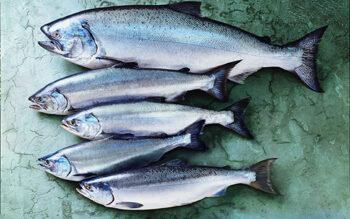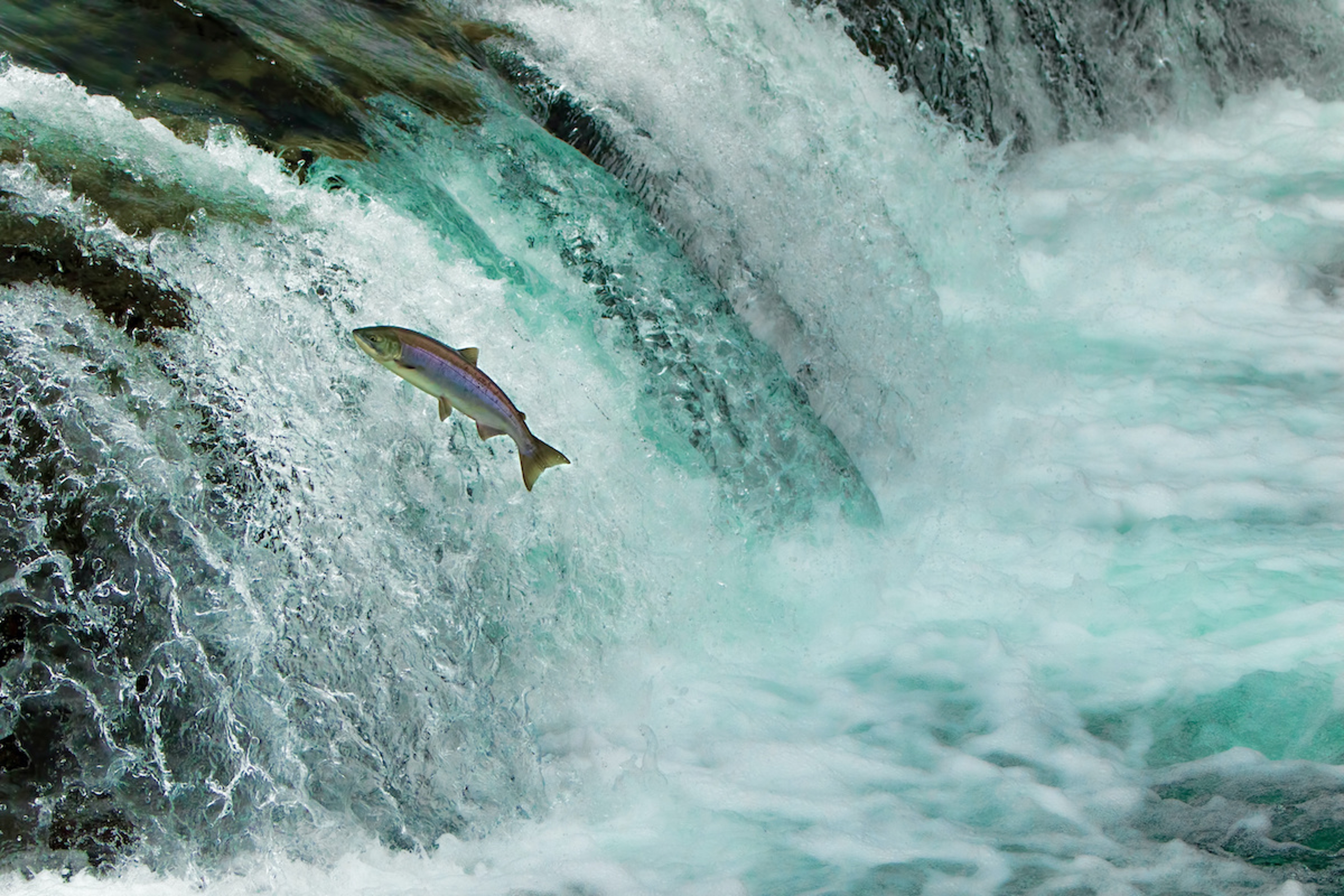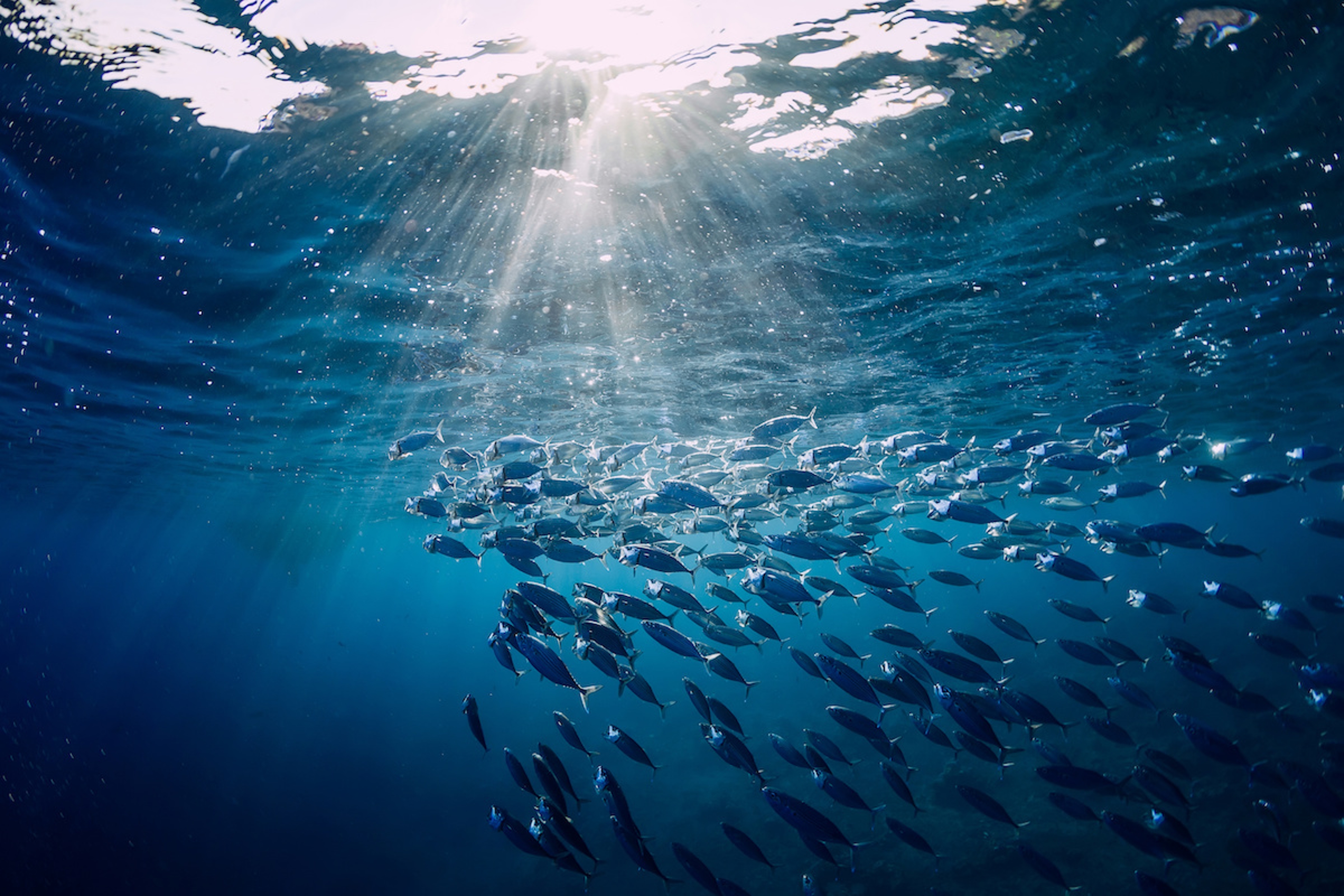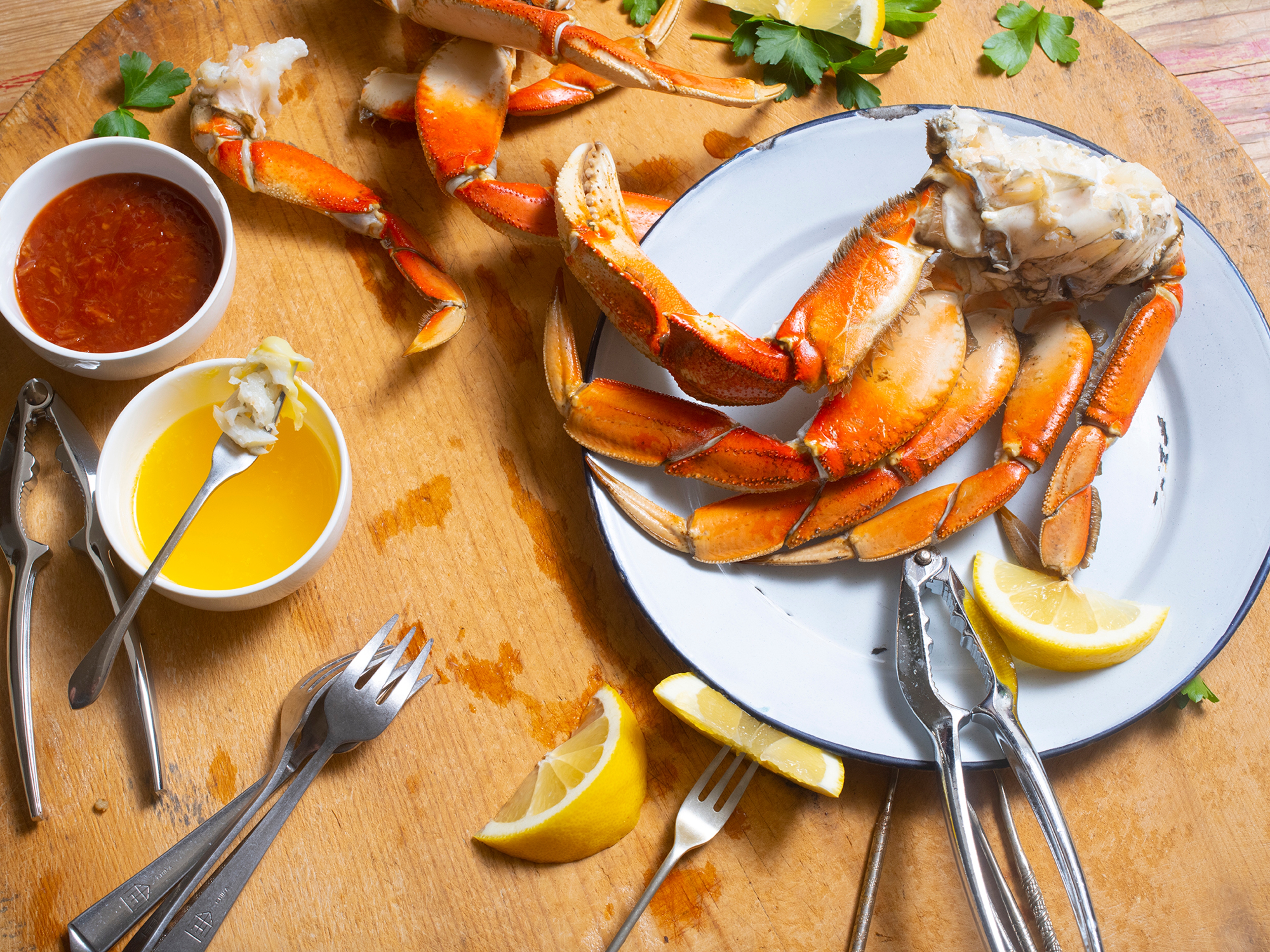The Copper River King Resurges in 2023
King salmon, also known as Chinook, are staging a comeback.
Sep 02, 2022
Good news for King Salmon aficionados!
The Alaska Department of Fish and Game (ADF&G), expects a major resurgence in the total Copper River salmon run in the upcoming 2023 season compared to recent years, with King (a.k.a. Chinook) salmon leading the charge.
Specifically, the ADF&G expects stocks to return to "average" for both King and Sockeye Copper River Salmon, a significant resurgence from recent "below forecast" years.
Wait...you're not a Copper River King fan?
Let's take care of that.
Each May, the glacier-fed Copper River in south-central Alaska plays host to a momentous event. King salmon, also known as Chinook, the largest and most powerful American salmon species, return to their ancestral spawning grounds deep in the Alaskan backcountry. It is the very first salmon run of the year, and these king salmon are unlike any other.
Copper River king salmon, sometimes called the "Wagyu of seafood" after the famed Japanese cattle stock, are the largest and most succulent salmon, surpassing even other king salmon from Alaska in terms of taste and texture.
Salmon lovers eagerly anticipate the beginning of the Copper River run in May, rather like oenophiles' anticipation of the first French Beaujolais wines each November.
The Copper River begins deep in southern Alaska's Chugach Mountains, where it's fed by the massive glaciers that crown the steep mountain valleys. The river flows nearly 300 miles through the mountains before emptying into the Gulf of Alaska, with a discharge volume greater than that of any other river in Alaska except the Yukon.

It's also one of the largest rivers on the Pacific coast that's still pristine. There are no dams, irrigation diversions, sewers, or industrial sites nearby, leaving the waters largely untouched by human influence.
Long Journey home for Copper River King Salmon
The salmon that call the remote, frigid Copper River home must prepare themselves for a journey that is both longer and colder than those faced by other Alaskan salmon. That means Copper River salmon pack on extra fat stores while living in the ocean, giving them the fuel necessary to swim hundreds of miles upstream and gain thousands of feet of elevation while facing near-freezing water temperatures.
Those extra fat stores produce a salmon fillet that is delightfully buttery, tender, and flavorful, and which can be found nowhere else in the world. King salmon from the Copper River are the most sought-after of their kind, rewarding buyers with a culinary experience that's hard to match.

That extra fat storage also means that Copper River king salmon can begin their migration earlier than any other salmon. The Copper River run in May heralds the beginning of the spawning season, and it marks a time of yearly celebration among salmon aficionados — made bittersweet by the knowledge that the run will soon end, and with it the supply of the special salmon.
While the king salmon runs in the Copper River typically end in June, flash-freezing technology available on fishing boats means it's possible to find these mouthwatering delicacies throughout the summer and even into fall. Frozen salmon retains its fresh taste, texture, and nutrients for months, so you can enjoy some of the rarest salmon in the world even after they've disappeared from restaurants.
Longstanding sustainable fishing practices in Alaska ensure that Copper River salmon populations remain healthy. Fishermen abide by a catch quota that ensures enough salmon make it through every year to spawn and replenish populations, and they use more sustainable fishing techniques, like gill nets, to reduce any harm to the environment.
The focus on sustainable fishing, so sacred to Alaskans that it's enshrined in the state constitution, keeps Copper River salmon migrating year after year. And showing up on our plates, too.
Exceptional Benefits from Copper River Salmon
The extra fat stores that Copper River king salmon pack on give not only exceptional texture but also an extra helping of omega-3 fatty acids. These essential nutrients, used by our brains, bones, immune systems, and more, aren't made by our bodies, So we need to get them from our diet.
Omega-3s are found mostly in seafood, with salmon being one of the richest sources. And king salmon, which are bigger and fattier than other salmon, have some of the highest levels of omega-3s.

And with other nutrients, such as vitamins D and B12, iron, and selenium, salmon is a ready-made superfood. That makes these special salmon not just a treat for your taste buds but for the rest of your body as well. Find out why seafood lovers across the country pay so much attention to a remote Alaskan river with some of Vital Choice's Copper River king salmon.







